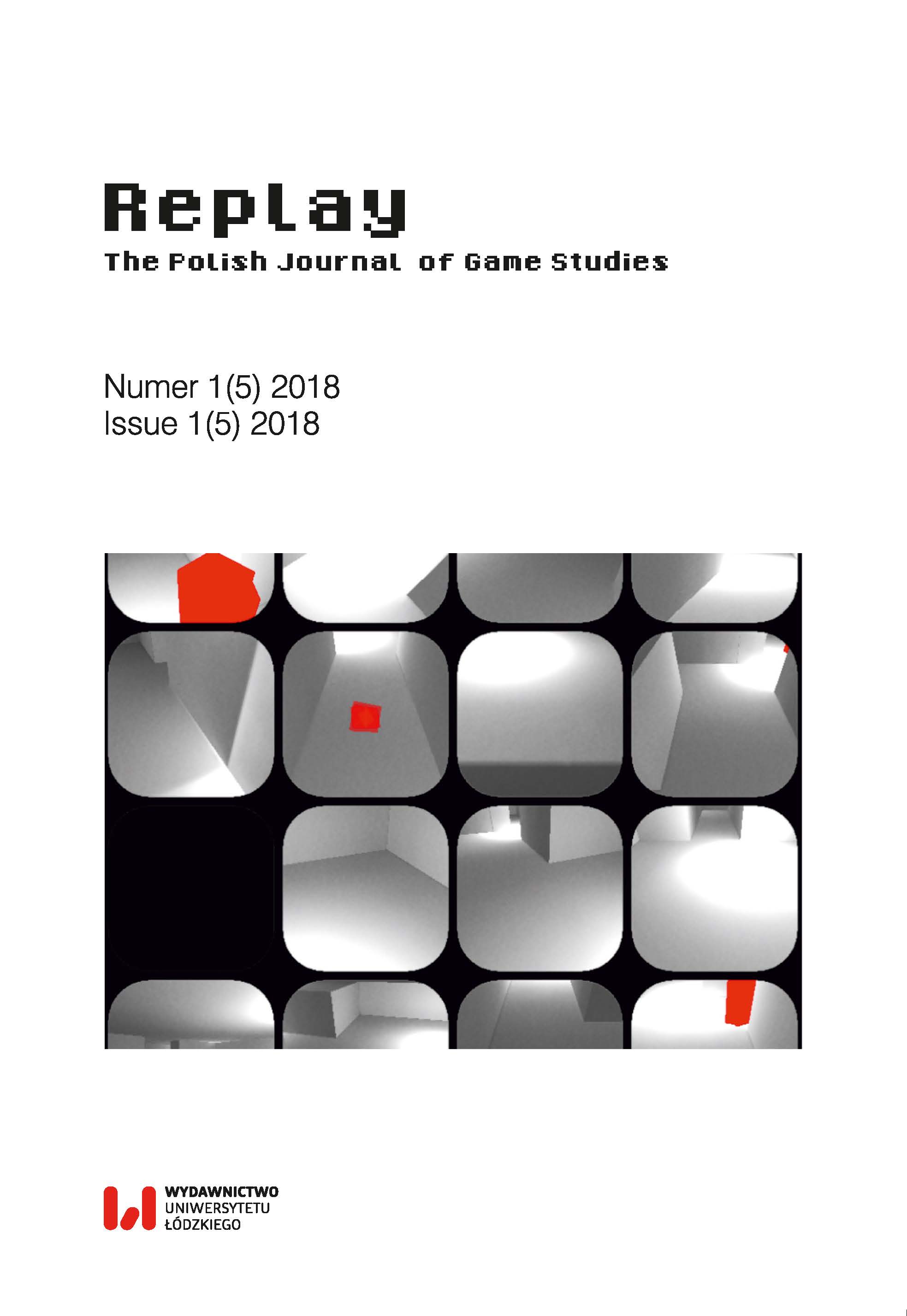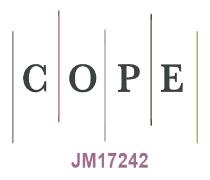Genologia lingwistyczna a badania nad komentarzem e-sportowym (problemy metodologiczne)
DOI:
https://doi.org/10.18778/2391-8551.05.03Keywords:
linguistic genology, media genres, esports commentary, Counter Strike: Global OffensiveAbstract
Video games are a crucial part of contemporary reality. Their popularity has contributed to the appearance of the esports scene, and thus to the emergence of a new media genre: the esports commentary. In this paper I apply Maria Wojtak’s method of genological research to analyze the esports commentary to the game sessions of Counter Strike: Global Offensive. In accordance with the author’s premises I examine four genre aspects. The first is structure, i.e., the delimitative framework as well as particular segments which make up the entire commentary. The next aspect, the pragmatic one, concerns the relationship between the addresser (commentator) and the addressee (Internet user). What is also needed is a description of the cognitive aspect, i.e., subject matter, valuation, and other elements of the genre’s lingual image of the world. The final aspect is the characteristic stylistic traits of the esports commentary, such as its colloquial nature, its emotionality, or its jargon vocabulary. The main conclusion of the paper is that it is suitable to adapt Maria Wojtak’s method to the research into esports commentary as a new media genre.
References
Bachtin, M. (1986). Estetyka twórczości słownej. Warszawa: Państwowy Instytut Wydawniczy.
Google Scholar
Balcerzan, E. (1999). W stronę genologii multimedialnej. Teksty Drugie, 10(6): 7–24.
Google Scholar
Fras, J. (2013). O typologii wypowiedzi medialnych i dziennikarskich. Wrocław: Wydawnictwo Uniwersytetu Wrocławskiego.
Google Scholar
Goban-Klas, T. (2006). Media i komunikowanie masowe. Warszawa: Wydawnictwo Naukowe PWN.
Google Scholar
Grochala, B. (2016). Transmisja telewizyjna w ujęciu genologii lingwistycznej na materiale transmisji meczów piłki nożnej. Łódź: Wydawnictwo Uniwersytetu Łódzkiego.
Google Scholar
Grzesiuk, A. (1995). Składnia wypowiedzi emocjonalnych. Lublin: Wydawnictwo UMCS.
Google Scholar
Ostaszewska, D. (2008). Genologia lingwistyczna jako subdyscyplina współczesnego językoznawstwa. W: D. Ostaszewska, R. Cudak (red.), Polska genologia lingwistyczna (s. 11–33). Warszawa: Wydawnictwo Naukowe PWN.
Google Scholar
Szkudlarek-Śmiechowicz, E. (2015). Magazyn telewizyjny jako gatunek w formie kolekcji. W: D. Ostaszewska, J. Przyklen (red.), Gatunki mowy i ich ewolucja (tom V: Gatunek a granice, s. 393–403). Katowice: Wydawnictwo Uniwersytetu Śląskiego.
Google Scholar
Szkudlarek-Śmiechowicz, E. (2016). Strukturalno-stylistyczne cechy gatunku, a kształtowanie relacji nadawczo-odbiorczych w telenoweli paradokumentalnej „Szkoła”. Acta Universitatis Lodziensis. Folia Literaria Polonica, 18(2): 49–62.
Google Scholar
DOI: https://doi.org/10.18778/1505-9057.32.04
Witosz, B. (2005). Genologia lingwistyczna. Zarys problematyki. Katowice: Wydawnictwo Uniwersytetu Śląskiego.
Google Scholar
Wojtak, M. (2004). Gatunki prasowe. Lublin: Wydawnictwo UMCS.
Google Scholar
Wojtak, M. (2006). Gatunek w formie kolekcji a kolekcja gatunków. W: Z. Krążyńska, Z. Zagórski (red.), Poznańskie Spotkania Językoznawcze (tom XV, s. 143–152). Poznań: Wydawnictwo PTPN.
Google Scholar
Wojtak, M. (2008). Wzorce gatunkowe wypowiedzi a realizacje tekstowe. W: D. Ostaszewska, R. Cudak (red.), Polska genologia lingwistyczna (s. 353–361). Warszawa: Wydawnictwo Naukowe PWN.
Google Scholar
Hidden Path Entertainment, Valve Corporation (2012). Counter Strike: Global Offensive [gra wieloplatformowa]. USA: Valve Corporation.
Google Scholar
Riot Games (2009). League of Legends [PC, Mac]. USA: Riot Games.
Google Scholar
Downloads
Published
How to Cite
Issue
Section
License

This work is licensed under a Creative Commons Attribution-NonCommercial-NoDerivatives 4.0 International License.










